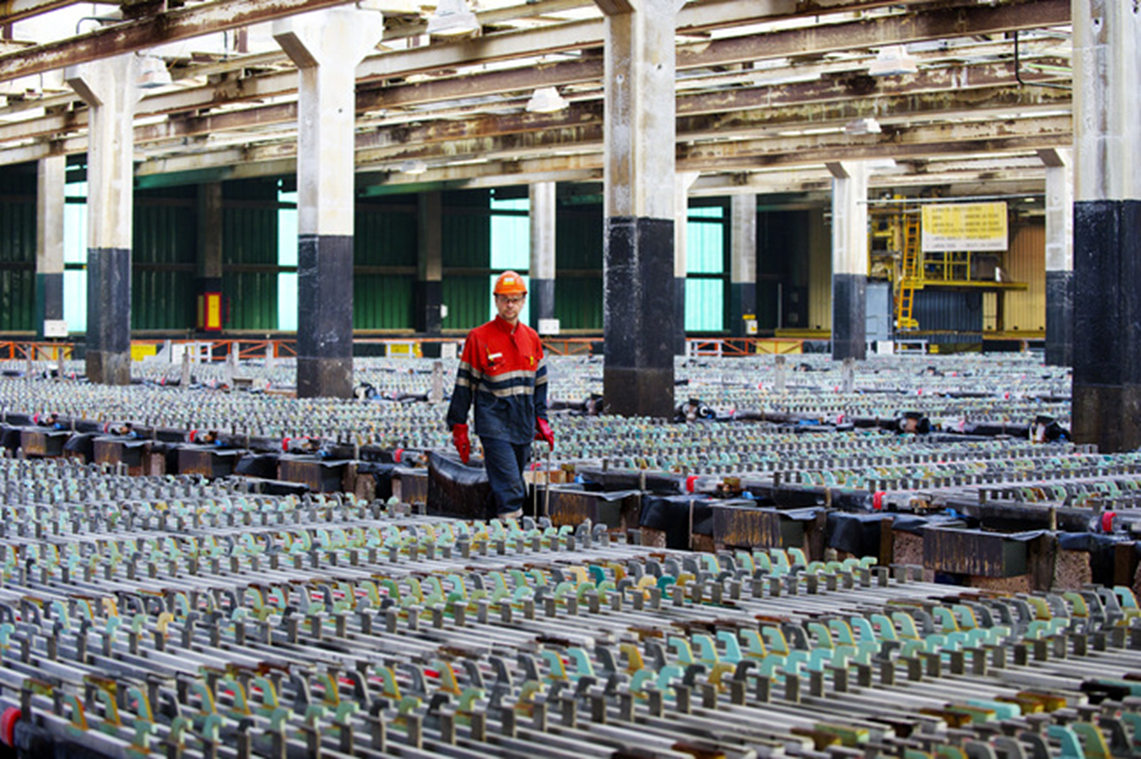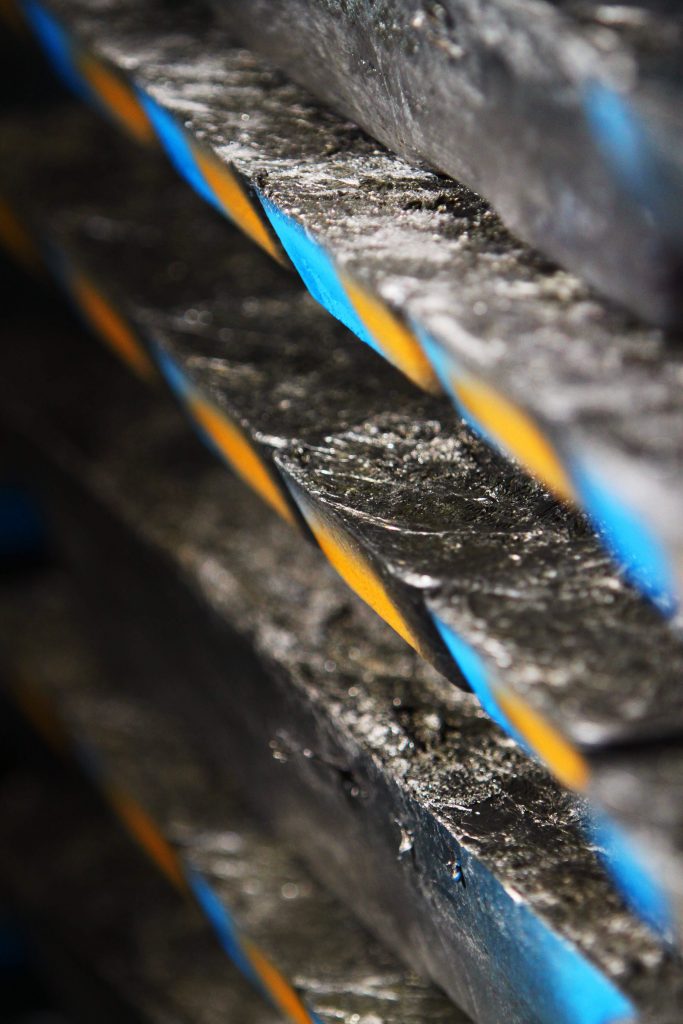ILA urges the European Commission to reject REACH authorisation proposal
Today ECHA has added lead metal to its list of substances recommended for REACH Authorisation. This means a step backward in the transition to a clean energy, affecting directly key energy and infrastructure sectors, including but not limited to wind power, EV, solar power, recovery & recycling and critical materials producers, such as steel, among others.
ILA has written to the European Commission requesting it to reject a recommendation from ECHA – the EU chemicals regulator – to include lead on its REACH list of substances requiring authorisation.
Upon Dr Steve Binks, ILA’s Regulatory Affairs Director, warned that the recommendation would have “significant consequences for a wide cross section of European businesses.”
ILA has sent the Commission an open statement signed by a range of businesses and associations representing downstream users of lead, warning that including lead in the REACH Authorisation List would have severe consequences for a broad range of strategically important European industries and applications – including non-ferrous metals manufacturing, lead battery production, automotive, machinery and mechanical engineering industries, the marine sector, aeronautics, space, and defence, healthcare, such as clean energy, solar, nuclear and offshore wind.
The statement goes on to advise policymakers about lead’s essential role in the shielding of ionising radiation, to protect workers, patients, and members of the public, as an alloying agent, and many more applications for which lead is an essential raw material that does not have any technical or socioeconomically viable alternatives.
Lead itself is sourced predominantly from the recycling of EU waste products, meaning that it is one of the few strategically autonomous raw materials that Europe possesses, reducing the need to source it from other regions, virtually eliminating any supply chain risks. Dr Binks said: “In many economically and socially important applications the use of lead is not only unavoidable it is essential and extensively regulated. Many products and applications that rely on lead underpin the EU’s policy objectives for the twin transitions and for a strategically autonomous, sustainable future.”
Considering that many products and applications that rely on lead underpin the EU’s policy objectives for the energy transition and sustainable future, the European Commission should reject including lead metal in the REACH Authorisation List, in view of:
The use of lead is essential for production of some EU Critical Raw Materials.
The lack of availability of technically feasible and commercially viable alternatives, despite decades of research and investment.
Lead metal is already extensively regulated. The EU already has a comprehensive framework of lead-specific legislation designed to manage risk to human health. Therefore, REACH Authorisation listing for lead will simply add unnecessary bureaucratic burden, block investment and is not the best option to improve risk management, stimulate faster substitution, or reduce exposure.

